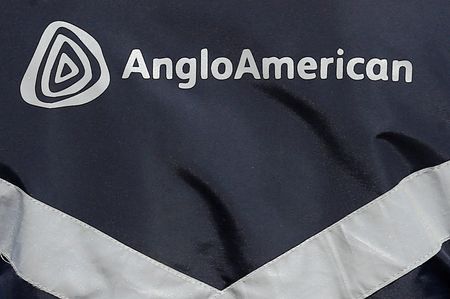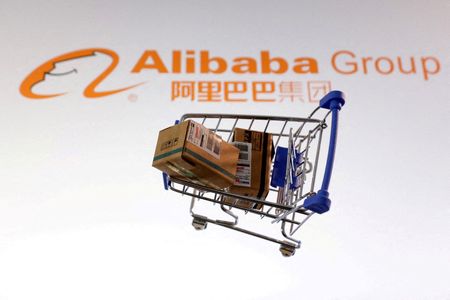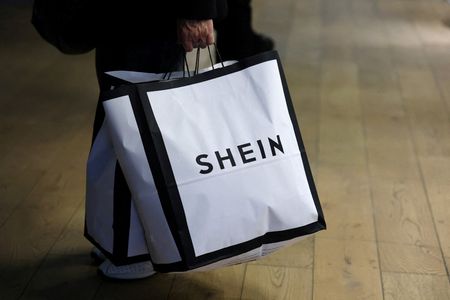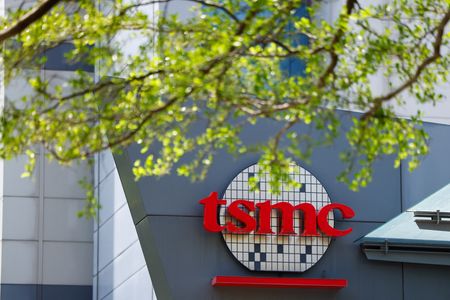By Scott Murdoch and Donny Kwok
SYDNEY (Reuters) -Shares of Chinese bubble tea maker Guming slid by as much as 10% in their debut on the Hong Kong Stock Exchange on Wednesday, as retail investors sold the stock, casting a shadow over future bubble tea listings in the city.
The company sold 182.4 million shares at HK$9.94 each, the top of the price range indicated to investors when the deal launched last week.
Guming stock began trading at HK$10 but fell as much as 10.2% to HK$8.93. The stock last traded at HK$9.03, still down 9.2% from the offer price of HK$9.94. In contrast, the Hang Seng Index was up 1.8% while the Hang Seng Consumption Index was also up 0.9%.
The retail tranche of the IPO was 195 times oversubscribed, which meant the portion of the deal allocated to those investors was increased from 10% to 43.5%, the filings showed.
“The heavy retail subscription which led to the clawback mechanism being triggered could be a factor for the lukewarm listing,” said Clarence Chu, Aequitas Research analyst who publishes on Smartkarma.
“Retail investors tend to flip right at the get go if trading seems weak for the first couple of hours on debut.”
The strong take up from retail investors was driven by Guming being a well recognised household brand, and also due to a lack of Hong Kong IPOs in recent months, according to bankers who worked on the deal.
Guming, which has 9,000 stores in China, increased the number of shares for sale in the IPO after strong demand from investors, according to its filings.
Guming’s larger rival, Mixue, is due to begin bookbuilding to raise about $500 million in an IPO by the end of this month, Reuters reported on Tuesday.
“Mixue’s bankers must have been watching this one closely. If Guming despite its different model and relatively attractive valuation couldn’t excite the market on listing, Mixue will have to try harder or hope the market is in a better mood by then,” said Devi Subhakesan, an Investory analyst.
The influx of bubble tea deals comes after China’s regulators last year halted approving their listing applications, worried about the market performance of the firms. Sichuan Baicha Baidao shares are down about 44% since listing in April.
“Companies that have already gone public earlier have underperformed in terms of both financial results and stock prices, which have further lowered investors’ expectations for the IPO performances of other companies in the sector,” said Kenny Ng, Everbright Securities International analyst.
(Reporting by Scott Murdoch in Sydney and Donny Kwok in Hong Kong; Editing by Christopher Cushing and Jacqueline Wong)









